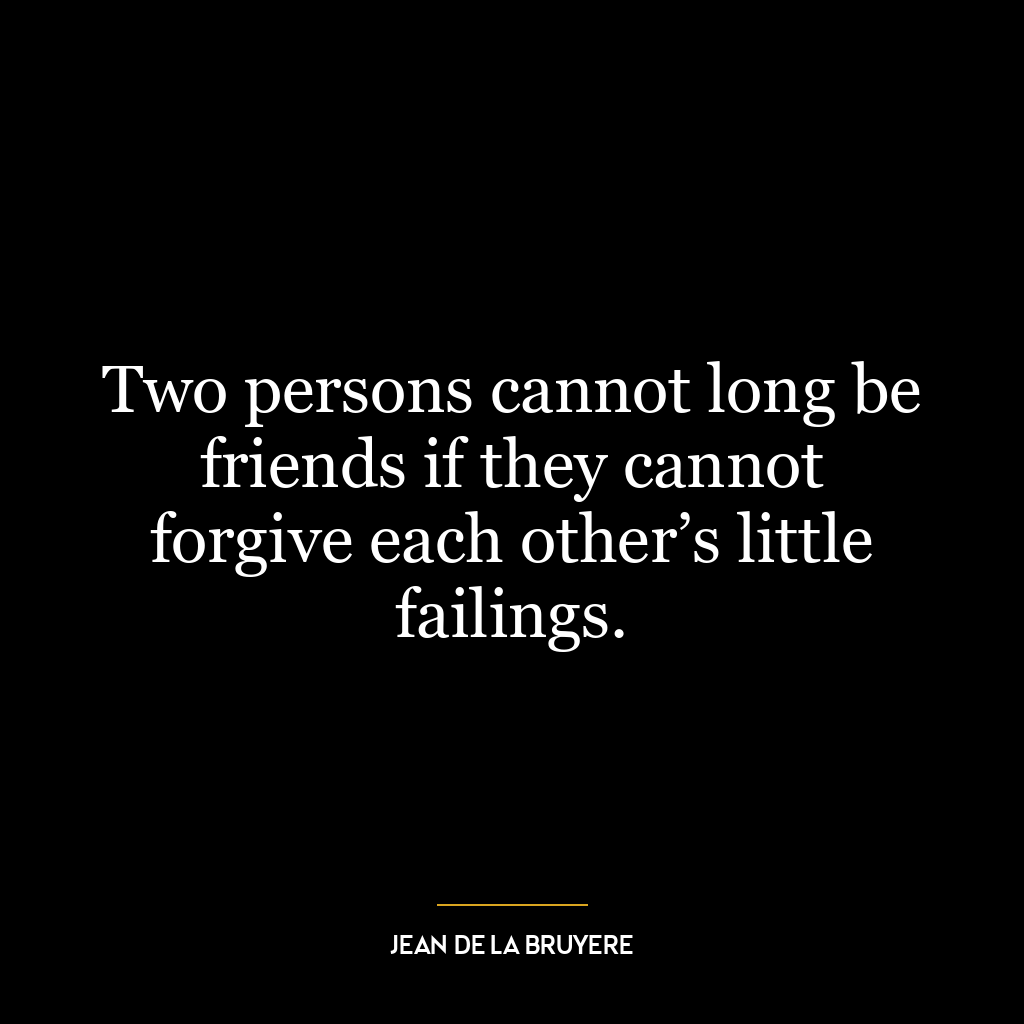This quote refers to the idea that true friendship is not defined by shared suffering, but rather by shared joy. It suggests that a person who can rejoice in our happiness, rather than only being there during times of suffering, is a true friend. This does not mean that a friend should not be there during hard times, but rather that friendship should not be based solely on shared adversity.
Nietzsche is emphasizing the importance of positivity in relationships. A friend who can celebrate our successes without envy, and who can find joy in our happiness, is a friend indeed. If a relationship is based on shared suffering, it might lead to a cycle of negativity where each person is subconsciously waiting for the other to suffer so they can provide support. This is not a healthy dynamic.
Applying this quote to today’s world, it’s a reminder to seek out and nurture relationships that are based on positive experiences and mutual happiness. In the age of social media, it’s easy to compare our lives with others and feel envious of their success. Instead, we should try to be happy for them and celebrate their achievements, just as we would want them to do for us.
In terms of personal development, this quote encourages us to be the kind of friend that we would want to have. It prompts us to examine our own relationships and consider whether we are rejoicing in our friends’ joy or whether we are only there for them in times of suffering. It also encourages us to foster a positive mindset, to seek joy and to share that joy with others.
In essence, the quote is a call to celebrate the happiness of others, to foster positivity in our relationships, and to be the kind of friend who brings joy rather than fostering suffering.









